Recently, some provinces and cities have reported that traders do not accept transfers due to concerns about the new tax policy. Meanwhile, at traditional markets in Nha Trang City, traders still accept payments via transfers and QR code scanning as usual. What makes traders worried and anxious is that eliminating lump-sum tax and paying taxes by declaration method will be cumbersome and complicated, and the application of electronic invoices (E-invoices) generated from cash registers.
Merchants receive transfers as usual
On the morning of June 11, at Xom Moi market, all trading activities were still taking place normally, stalls applied many payment methods for the convenience of consumers such as: Cash; QR code scanning; transfer via bank account number. Some vendors printed QR codes and posted them on walls and columns, others brought out the QR code scanning board when customers wanted to transfer money.
 |
| A customer scans the QR code to pay when shopping at Xom Moi market. |
Ms. Tam - a dried seafood trader at Xom Moi market said: “Through mass media and social networks, I learned that recently, some traders in traditional markets and business households in many provinces and cities do not accept bank transfer payments because they are afraid that the tax authorities will “check” their personal accounts to calculate revenue and taxes. Although I am also concerned about the information, I still accept bank transfers as usual. I am just afraid that customers will not buy the goods, but any form of payment is fine. I think the tax sector will have many methods of calculating taxes, not just through bank accounts.” Similarly, Ms. Hoa - a pork seller at Vinh Hai market said: "I am also very worried about the information that the tax authority will access personal account numbers to grasp taxable revenue, but currently I still accept payments by bank transfer and QR code scanning as usual. I don't know the truth, but if I don't accept bank transfers now, I will definitely lose customers, because people are used to spending without cash. When the tax authority officially announces, we will consider it later."
According to Mr. Bui Anh Tuan - an employee of Vinh Hai Market Management Board, after receiving information, many traders are concerned about some new tax policies that will take effect from the beginning of June 2025 and the coming time. However, currently, buying and selling and payment activities at Vinh Hai Market are still taking place normally, traders still apply payment methods such as QR code scanning, bank transfer... to create favorable conditions for customers to pay. In addition, Vinh Hai Market Management Board has installed a free wifi system in the market area to serve traders and people to make non-cash payments.
Concerns about abolishing lump-sum tax and applying electronic invoices generated from cash registers
With the information about abolishing lump-sum tax from 2026 and the application of electronic invoices generated from cash registers, some small traders affirm that they always comply with the State's tax regulations but hope that the regulations not only ensure legality, but also be suitable for the actual business situation of small traders.
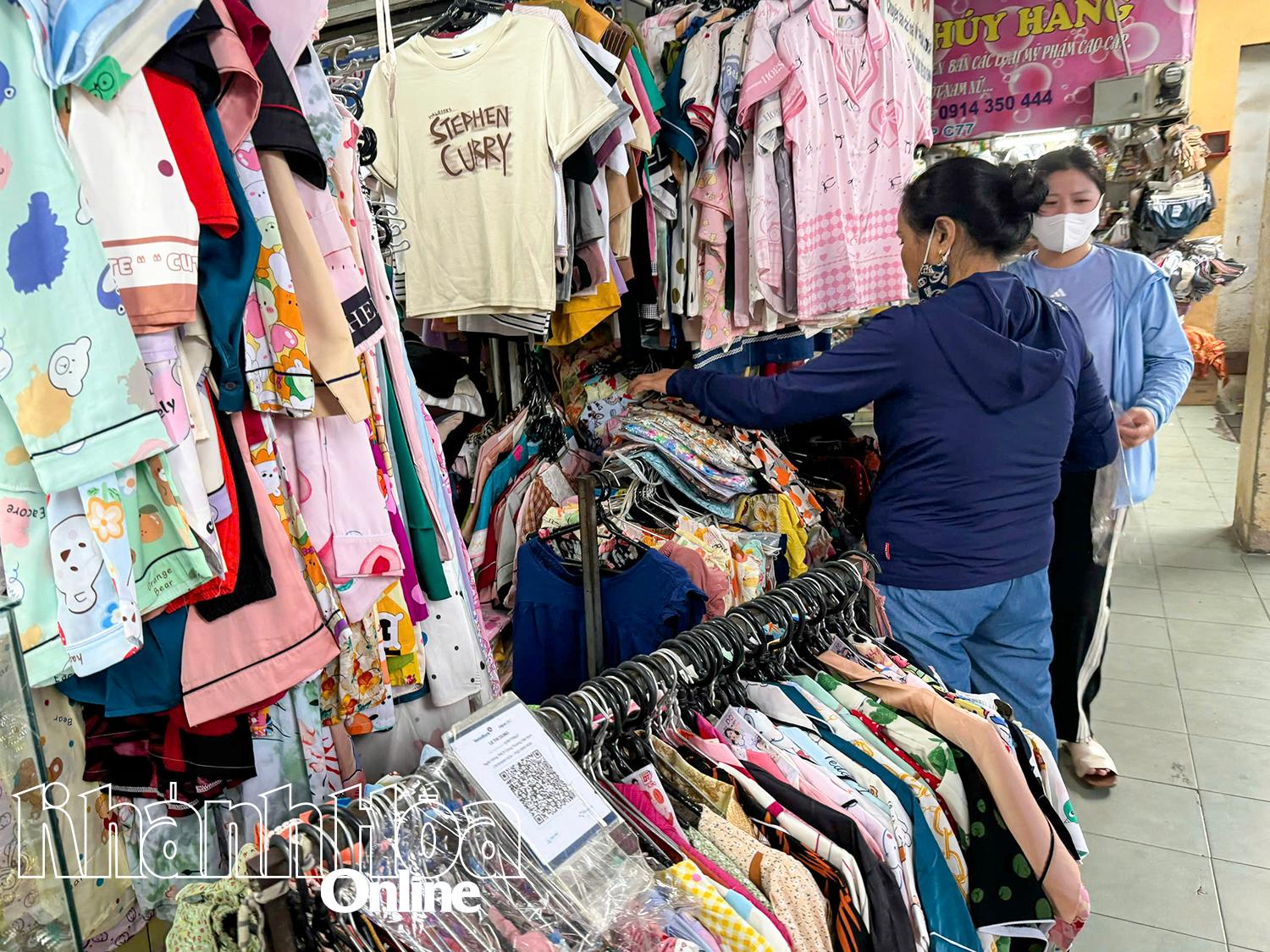 |
| QR codes are printed by vendors for customers to pay. |
Ms. Hoa - a footwear and fashion trader at Xom Moi market said: "I am not afraid of tax increases when the lump-sum tax is abolished and I switch to the declaration method, but I am worried that I am old and not used to using computers to declare each pair of sandals. Meanwhile, business is increasingly difficult, and there is not enough money to hire more workers. According to actual research, the application of electronic invoices generated from cash registers currently requires a very large initial investment cost in equipment (more than 10 million VND). Therefore, if the tax policy must be applied, the State needs to support the initial investment cost in equipment for traders." According to Ms. Hoa, in mid-May, a representative of the tax authority directly came down to propagate and guide the regulations on electronic invoices generated from cash registers and requested to sign the working minutes no later than May 25, 2025. Business households are responsible for contacting service providers to comply with the registration and use of electronic invoices generated from cash registers. However, she has not yet implemented it because she does not really understand the regulations and the initial investment cost is too high, so she is facing difficulties.
Ms. Minh - owner of a clothing store in the Dam market area said: "Currently, the store still pays taxes according to the fixed monthly method, which is simple and easy to implement. When we switch to tax declaration in the near future, I am very worried because I am not familiar with books, technology or declaration software. Therefore, we hope that the tax authority will have a roadmap for implementation, specific and easy-to-understand instructions to support small traders to avoid mistakes and not affect business."
Many other small businesses also share the same concerns as they prepare to enter a completely new phase of tax management. In addition to new operations, the switch to tax declaration can push up product prices, consumers tighten spending, making business difficult.
Decree No. 70/2025 amends and supplements Decree No. 123/2020 of the Government regulating invoices and vouchers, effective from June 1, 2025. The Decree stipulates cases that must use electronic invoices connected to cash registers, including: Contracting households with annual revenue of 1 billion VND or more; declaring households; enterprises with activities of selling goods and providing services, including selling goods and services directly to consumers such as: Trade centers, supermarkets, retail (except cars, motorbikes, motorbikes, other motor vehicles); food and beverage, restaurants, hotels; passenger transport services, direct support services for road transport, art services, entertainment, cinema activities; Other personal services as prescribed... The implementation of electronic invoices generated from cash registers not only helps tax authorities closely monitor revenue and prevent tax fraud, but is also a premise for completely eliminating the lump-sum tax form from January 1, 2026 in accordance with the spirit of Resolution No. 68/2025 of the Politburo on private economic development. At that time, business households will switch to tax declaration based on actual revenue.
Khanh Ha
Source: https://baokhanhhoa.vn/kinh-te/202506/tieu-thuongban-khoan-ve-chinh-sach-thue-moi-e6a34a4/
























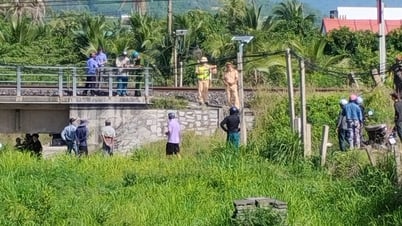























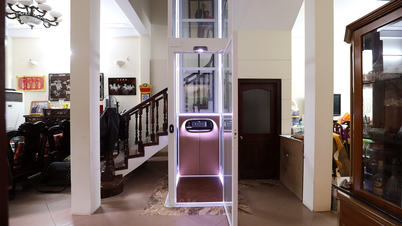













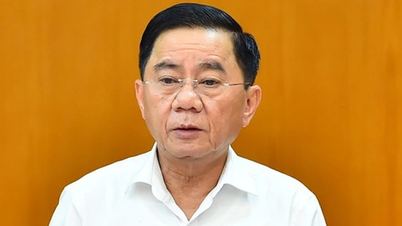




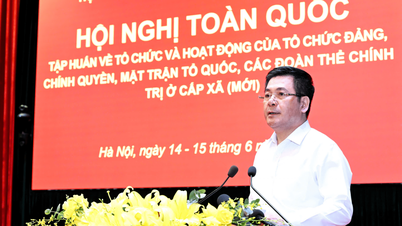


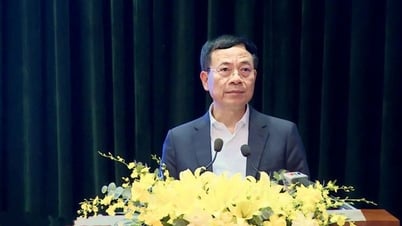



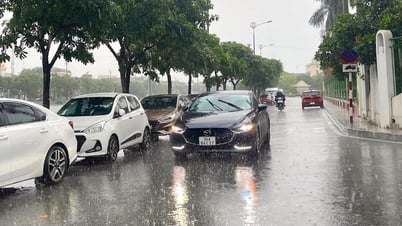




















Comment (0)